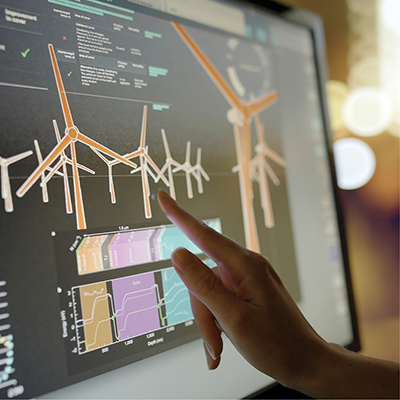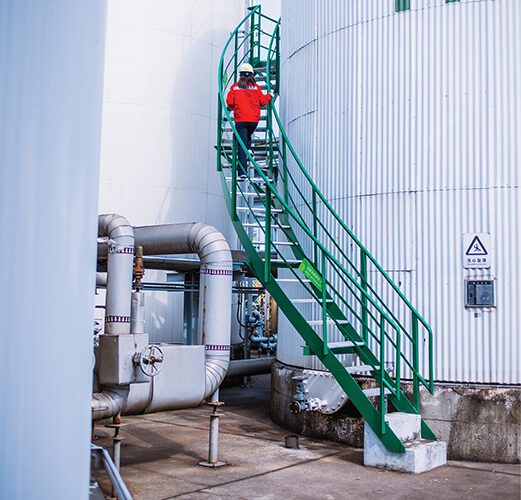Water companies are our front line of defence against water wastage. In the latest Ofwat price review, water companies in the UK are committing to a reduction in leakage of 16 per cent by 2025. Reducing consumer water usage is high on the agenda, too: companies must find ways to cut average water use to 131 litres per person per day, a reduction of 13 per cent on today’s levels.
This battle to preserve the water supply demands smart thinking – and smart devices. Water conservation is easier if businesses and consumers know how much water they’re already using. Baseline data allows for comparisons, trend spotting, and goal setting. Just as important, learning about current use patterns can reveal leaks that wastewater.
Smart water meters use Internet of Things technology to connect with both the water utility and the end customer. These meters can be read over cellular networks, and the data is stored and maintained via cloud-computing software. All of this helps water utilities regulate water resources more efficiently and empowers consumers to conserve water on a daily basis.
Smart metering – key benefits
Smart metering solutions can also be used to support customer relationship management, reduce operational losses, encourage sustainable use of water resources, and enable various value-added services.
Reducing costs
The measurement of electricity, gas, heat or water consumption will always remain the core functionality of utility meters. Smart metering technology enables metering system operators to collect this data automatically without visiting the physical location. This can contribute to substantial operational efficiency improvements, especially since water meters are often installed at hard-to-reach locations such as underground holes or basements, making the
reading process difficult and resource consuming for meter reading personnel. By automating the meter reading process, metering system operators can collect meter data with higher quality, more rapidly and using less manpower in comparison to a manual AMR reading setting, thus lowering overall operating costs. A smart metering system moreover enables meter readings to be performed at a higher frequency, which in turn allows for more precise usage-based billing.
Digital security – a top priority for future smart water networks
Smart metering technology is quietly transforming utilities into massive IoT networks. These networks are vulnerable for attacks on the physical meters, in the communications network layer and in the application layer. While not having received nearly as much attention as electricity grids in the cybersecurity discourse, water supply networks are nevertheless among the most critical pieces of infrastructure in modern society. There are already real cases in for example the US where criminals have tampered with smart meters, communications gateways and backend systems, causing inaccurate water bills and deactivation of communications gateways. In extension, attacks on for example control systems at treatment facilities and distribution pumps could cause water contaminations or non-functioning water supply that could have far-reaching and harmful effects on local societies. Meanwhile, water utilities need to address the challenge of balancing richer smart metering data sets with increasingly stringent data privacy requirements, such as the GDPR in Europe, to protect the privacy of their customers.


